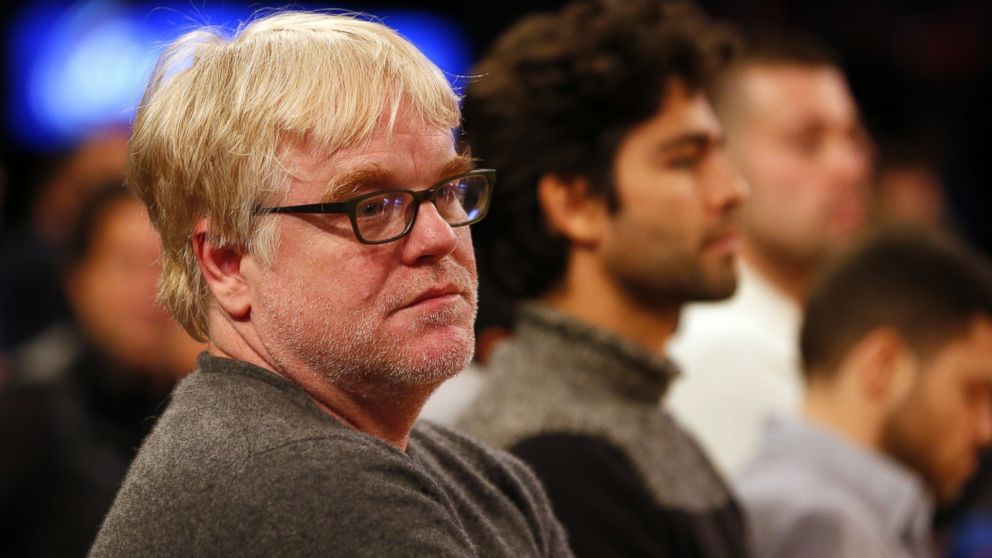Two of my brothers were hardcore heroin addicts. One quit, the other died. As a matter of fact, off the top of my head, I could name a half a dozen people in my family circle who died from drug abuse. Even short of risk of death, I think getting high every day, whether from illegal drugs, prescription meds or alcohol, is way more trouble than it’s worth, and I have seen people I loved degenerate into something less than fully human after transmogrifying into junkies.
Videos by Rare
For these reasons, it is understandable why I don’t take lightly my adherence to the libertarian principle that people are inherently free to abuse themselves, but I do believe neither the state nor the citizenry have the right to forcibly prevent an individual from using drugs for recreational purposes.
I don’t take this position because of arguments of pragmatism or popularity (i.e., “the Drug War is a failure,” or “People want to get high.”) I take this position based on the non-aggression principle, which holds that no entity may initiate aggression against a person or his property unless that person is violating another person’s rights. In other words, I simply may not use force to stop someone else from buying, selling or using drugs unless and until he interferes with my person or property, nor may my agent interfere with him in my name until such time.
My principled stance on drug bans notwithstanding, there is an economic argument worth addressing that correctly holds that Philip Seymour Hoffman, the actor who recently died of a heroin overdose, would be alive today if drugs were legal. I’m not talking about the argument that governments should legalize drugs so they can regulate them for our protection, I am simply arguing that drugs would be of a higher, more reliable quality if there were no laws prohibiting their sale or use.
The New York Times reported that Mr. Seymour Hoffman was surrounded by “branded” packets of heroin in his New York City apartment, but these are not the kinds of “brands” that would exist in a free market. Stamping something “Ace of Spades” or “Grim Reaper” communicates highly unreliable–and sometimes deadly misleading–information in the black market because there is no one there to keep dealers honest. Neither customers nor distributors have recourse to the courts or law enforcement, there are no penalties for fraud or theft, no liability for reckless endangerment, no shopkeeper who can be identified and apprehended at his place of business (or be forced to abandon his establishment), and no barriers to counterfeiting. In addition, there are fewer advantages to fair dealing…desperate customers and territorial monopolies–two hallmarks of black markets–keep both discriminating buyers and competition to a minimum.
In contrast, when Neiman Marcus sells Chanel bags, there’s no question as to their quality and authenticity – Neiman’s reputation depends on it. Similarly, CVS would have the incentives of reputation and liability to sell consistent, reliable products if it were to venture into some future market for over-the-counter recreational drugs. In the free market, quality would rise and prices would fall as the trade came out of the shadows and outsized profits disappeared along with extraordinary business risk and the cost of enforcing one’s own contracts and policing one’s own territory. Also, recourse to the law for customers and business associates alike would keep the trade aboveboard and eliminate the violence.
Surely people would still abuse themselves to death, as they do with prescription drugs 15,000 times per year, but accidents like the death of Philip Seymour Hoffman and many of the annual 4 or 5,000 illicit drug deaths could be avoided. Clearly regulating and taxing drugs does not stop people from overdoing it; but the free market, particularly under the rule of law (no special regulations required), would foster the communication of reliable information to the experienced user. This advantage of the free market would have prevented at least three of the six drug deaths I witnessed in my own family–deaths that occurred, I can’t help but reflect, while the Drug War was in full flower.
I do not relish a world where our army of unemployed youth become drug-addled vagrants (though I wouldn’t expect that to happen this time around any more than it happened before drugs were criminalized nearly a century ago), nor do I want to overstate the problem of heroin deaths–fewer than 500 deaths last year resulted from heroin use alone. But to weigh the pros and cons of decriminalizing drugs, we must distinguish between the devastating impact of drug abuse and the devastating impact of pushing the drug economy into the shadows.
Philip Seymour Hoffman had the money to provide drugs for himself and the leisure to do them. In a place where recreational drugs were not banned, Mr. Seymour Hoffman might have continued to be a productive member of society despite his drug addiction, just as William Stewart Halsted had been. Who was William Stewart Halsted? The opening lines of the Wikipedia entry on Dr. Halsted tells you all you need to know:
William Stewart Halsted (September 23, 1852 – September 7, 1922) was an American surgeon who emphasized strict aseptic technique during surgical procedures, was an early champion of newly discovered anesthetics, and introduced several new operations, including the radical mastectomy for breast cancer. Along with William Osler (Professor of Medicine), Howard Atwood Kelly (Professor of Gynecology) and William H. Welch (Professor of Pathology), Halsted was one of the “Big Four” founding professors at the Johns Hopkins Hospital. Throughout his professional life, he was addicted to cocaine and later also to morphine, which were not illegal during his time.
Read more on the Monica Perez Show



